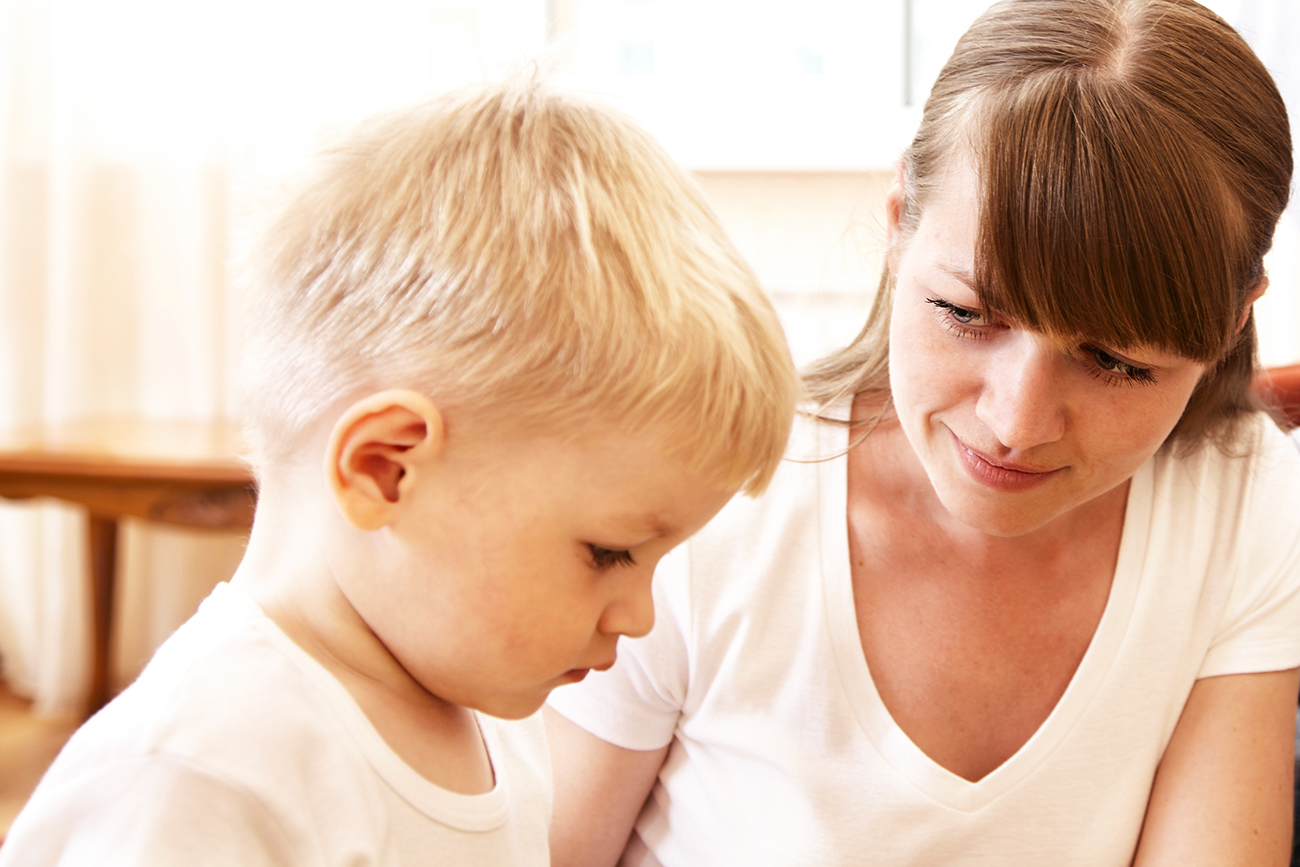Why Self-regulation Is Important for Young Children

There has been a lot of buzz lately around the topic of self-regulation. But what exactly does it mean?
When thinking about young children, self-regulation refers to the ability to:
- Be calm and alert enough to take in new information and take part in the activities or interactions around them
Every child is different. Some children are naturally calmer and some may become overwhelmed more easily. In the same way, some children may be more or less alert and attentive. And this can vary from situation to situation.
For example, a child who is fatigued or stressed at the end of the day may not be calm enough to follow his parents’ directions when getting ready for bed, but may have done well following the routines of his school day.
Some children may feel overwhelmed in a busy grocery store and start to cry as soon as you enter. Other children might seem bored during quieter activities like story time. They might seem distracted and it could be difficult to get their attention.
Think about when you learned best. It was likely when you were calm, interested and engaged. - Recover from stressors (i.e. anything that disrupts calm and affects participation)
For some children, a stressor might be the sights and sounds they experience walking along a busy sidewalk. It could be feeling hungry, tired, emotional or just being denied something they’ve been thinking about all day. Imagine a child who has just been told they couldn’t have something they want. Some children may become inconsolable and other children might become upset but are able to quickly return to being calm and alert by managing their thoughts and emotions.
Why Is Self-Regulation Important?
Self-regulation is a key building block for nearly every aspect of a child’s development, learning and growth, including:
- Language learning
- School success
- Attention and problem-solving skills
- Overall mental and physical health
What might affect your child’s ability to self-regulate?
There are many different things that could make it easier or more difficult for your child to self-regulate. As parents, you know your children best and can recognize when there is a shift in how well they are responding and participating. Think of what works to help them move to a more calm and alert place.
You might consider:
- Your child’s biological make-up and unique temperament – Some children naturally become more agitated than others by certain experiences, and this affects how they respond to their environment. Some children can become over-stimulated in new situations with new people and may benefit from extra time to warm up. Some children may only tolerate one change or new element at a time. Other children need more stimulation in order to become alert enough to respond or participate in a given situation. For example, they may need to move around in order to stay engaged in a book activity.
- Your child’s environment –The environment can have a big impact on your child’s self-regulation. It is important to consider the space you are in. For example, is there anything in the space that could be distracting or overwhelming to your child, making it hard for him to focus?
- The way you interact with your child – Interactions that support self-regulation are those in which the adult does two things:
- “Tunes in” to the child’s cues, including signs of difficulty with regulation – For example, you might notice if your child is responding in the way you expected him to, or if he’s over-reacting or under-reacting to a particular situation.
- Responds with appropriate support – For example, a child that is over-stimulated and agitated may benefit from interacting with an adult who can model a quieter voice and calmer movements. On the other hand, an adult could support a child who is not paying attention by adding more movement or intonation to their voice.
Interactions in which your child is meaningfully engaged can help maintain regulation. We can do this by following the child’s lead and responding to their ideas and communication. By taking the time to observe, listen and respond to their ideas, you’ll make it more likely that your child will stay motivated, calmly engaged and attentive.
Are you a professional who works with young children?
Gain a practical framework for supporting self-regulation in young children with our e-Seminar, Pathways to Promoting Self-regulation.
Similar articles by tag:
